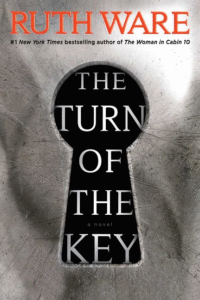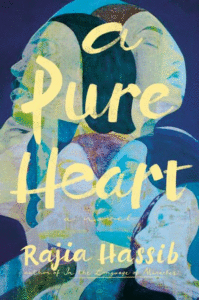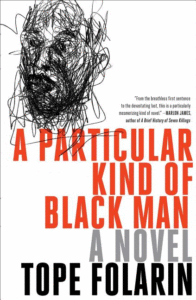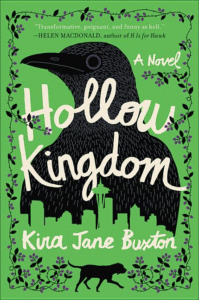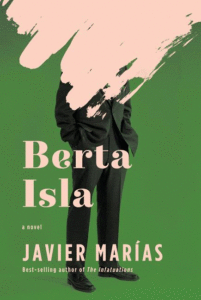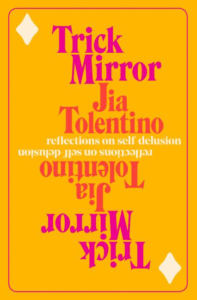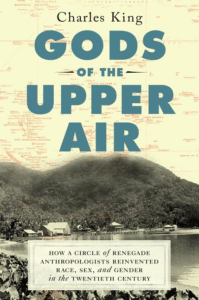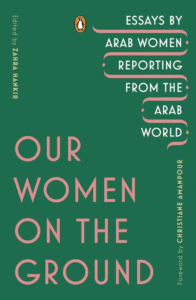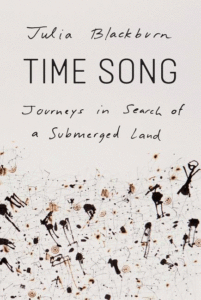Poetry and Miscellany
Friday was International Women’s Day. Today’s post offers a belated tie-in with that day. The poems for today are by Gwerful Mechain, a rare female voice among Medieval Welsh poets. Little is known of her life, other than that she was from Mechain in Powys (eastern Wales) and lived in the latter half of the 15th century. As Kate Gramich notes in her essay Orality and Morality: Early Welsh Women’s Poetry, Gwerful, like other female poets, did not feel as bound to Welsh poetic tradition and strict adherence to meter and form as her male counterparts. As Gramich states, “when she wanted to write conventionally and correctly, she was perfectly able to do so, and when she didn’t want, she enthusiastically broke the rules.” And break them she did! Her poem, I’r Cedor/To The Vagina, takes to task all the male poets who wrote about various aspects of the female body—hair, eyes, arms, breasts—but ignored the most feminine part, which she goes on to praise. In I’w Gwr Am Ei Churo/To Her Husband for Beating Her, she issues a strongly worded curse, while adhering to standard englyn meter and form. We'll start, though, with a more benign poem, The Snowfall, highlighting her range of topics. This is from The Oxford Book of Welsh Verse in English, Gwyn Thomas, editor.
Now then, I’ll say no more, and simply yield to Gwerful.
THE SNOWFALL
White flour, earth-flesh, a cold fleece on the mountain,
Small snow of the chill black day;
Snow like a platter, bitter cold plumage,
A softness sent to entrammel me.
White snow on the cold hill above
Has blinded me and soaked my clothes.
By the Blessed God!
I had no hope I should ever get to my house.
I’W GWR AM EI CHURO/TO HER HUSBAND FOR BEATING HER
[from Kate Gramich, Orality and Morality: Early Welsh Women’s Poetry]
Dager drwy goler dy galon—ar osgo
I asgwrn dy ddwyfron;
Dy lina dyr, dy law’n don,
A’th gleddau i’th goluddion.
A dagger through your heart’s ire—on a slant
To reach your breast bone
May your knee break, your hand wither
And your weapons go to your enemies.
I’R CEDOR/TO THE VAGINA
Pob rhyw brydydd, dydd dioed,
mul frwysg, wladaidd rwysg erioed,
noethi moliant, nis gwrantwyf,
anfeidrol reiol yr wyf,
am gerdd merched y gwledydd
a wnaethant heb ffyniant ffydd
yn anghwbl iawn, ddawn ddiwad,
ar hyd y dydd, rho Duw Dad:
moli gwallt, cwnsallt ceinserch,
a phob cyfryw sy fyw o ferch,
ac obry moli heb wg
yr aeliau uwchlaw'r olwg;
moli hefyd, hyfryd dwf,
foelder dwyfron feddaldwf,
a breichiau gwen, len loywlun,
dylai barch, a dwylaw bun.
The complete text in Welsh can be found here
The following English translation by Dafydd Johnston appeared in his edited volume Canu Maswedd yr Oesoedd Canol / Medieval Welsh Erotic Poetry (Tafol, 1991), and is available on-line:
Every foolish drunken poet,
boorish vanity without ceasing,
(never may I warrant it,
I of great noble stock,)
has always declaimed fruitless praise
in song of the girls of the lands
all day long, certain gift,
most incompletely, by God the Father:
praising the hair, gown of fine love,
and every such living girl,
and lower down praising merrily
the brows above the eyes;
praising also, lovely shape,
the smoothness of the soft breasts,
and the beauty's arms, bright drape,
she deserved honour, and the girl's hands.
Then with his finest wizardry
before night he did sing,
he pays homage to God's greatness,
fruitless eulogy with his tongue:
leaving the middle without praise
and the place where children are conceived,
and the warm quim, clear excellence,
tender and fat, bright fervent broken circle,
where I loved, in perfect health,
the quim below the smock.
You are a body of boundless strength,
a faultless court of fat's plumage.
I declare, the quim is fair,
circle of broad-edged lips,
it is a valley longer than a spoon or a hand,
a ditch to hold a penis two hands long;
cunt there by the swelling arse,
song's table with its double in red.
And the bright saints, men of the church,
when they get the chance, perfect gift,
don't fail, highest blessing,
by Beuno, to give it a good feel.
For this reason, thorough rebuke,
all you proud poets,
let songs to the quim circulate
without fail to gain reward.
Sultan of an ode, it is silk,
little seam, curtain on a fine bright cunt,
flaps in a place of greeting,
the sour grove, it is full of love,
very proud forest, faultless gift,
tender frieze, fur of a fine pair of testicles,
a girl's thick grove, circle of precious greeting,
lovely bush, God save it.
Now then, I’ll say no more, and simply yield to Gwerful.
THE SNOWFALL
White flour, earth-flesh, a cold fleece on the mountain,
Small snow of the chill black day;
Snow like a platter, bitter cold plumage,
A softness sent to entrammel me.
White snow on the cold hill above
Has blinded me and soaked my clothes.
By the Blessed God!
I had no hope I should ever get to my house.
I’W GWR AM EI CHURO/TO HER HUSBAND FOR BEATING HER
[from Kate Gramich, Orality and Morality: Early Welsh Women’s Poetry]
Dager drwy goler dy galon—ar osgo
I asgwrn dy ddwyfron;
Dy lina dyr, dy law’n don,
A’th gleddau i’th goluddion.
A dagger through your heart’s ire—on a slant
To reach your breast bone
May your knee break, your hand wither
And your weapons go to your enemies.
I’R CEDOR/TO THE VAGINA
Pob rhyw brydydd, dydd dioed,
mul frwysg, wladaidd rwysg erioed,
noethi moliant, nis gwrantwyf,
anfeidrol reiol yr wyf,
am gerdd merched y gwledydd
a wnaethant heb ffyniant ffydd
yn anghwbl iawn, ddawn ddiwad,
ar hyd y dydd, rho Duw Dad:
moli gwallt, cwnsallt ceinserch,
a phob cyfryw sy fyw o ferch,
ac obry moli heb wg
yr aeliau uwchlaw'r olwg;
moli hefyd, hyfryd dwf,
foelder dwyfron feddaldwf,
a breichiau gwen, len loywlun,
dylai barch, a dwylaw bun.
The complete text in Welsh can be found here
The following English translation by Dafydd Johnston appeared in his edited volume Canu Maswedd yr Oesoedd Canol / Medieval Welsh Erotic Poetry (Tafol, 1991), and is available on-line:
Every foolish drunken poet,
boorish vanity without ceasing,
(never may I warrant it,
I of great noble stock,)
has always declaimed fruitless praise
in song of the girls of the lands
all day long, certain gift,
most incompletely, by God the Father:
praising the hair, gown of fine love,
and every such living girl,
and lower down praising merrily
the brows above the eyes;
praising also, lovely shape,
the smoothness of the soft breasts,
and the beauty's arms, bright drape,
she deserved honour, and the girl's hands.
Then with his finest wizardry
before night he did sing,
he pays homage to God's greatness,
fruitless eulogy with his tongue:
leaving the middle without praise
and the place where children are conceived,
and the warm quim, clear excellence,
tender and fat, bright fervent broken circle,
where I loved, in perfect health,
the quim below the smock.
You are a body of boundless strength,
a faultless court of fat's plumage.
I declare, the quim is fair,
circle of broad-edged lips,
it is a valley longer than a spoon or a hand,
a ditch to hold a penis two hands long;
cunt there by the swelling arse,
song's table with its double in red.
And the bright saints, men of the church,
when they get the chance, perfect gift,
don't fail, highest blessing,
by Beuno, to give it a good feel.
For this reason, thorough rebuke,
all you proud poets,
let songs to the quim circulate
without fail to gain reward.
Sultan of an ode, it is silk,
little seam, curtain on a fine bright cunt,
flaps in a place of greeting,
the sour grove, it is full of love,
very proud forest, faultless gift,
tender frieze, fur of a fine pair of testicles,
a girl's thick grove, circle of precious greeting,
lovely bush, God save it.
Day 9: Gwerful Mechain: A Female Voice in Medieval Welsh Poetry
abvedit
четвртак, 22. август 2019.


